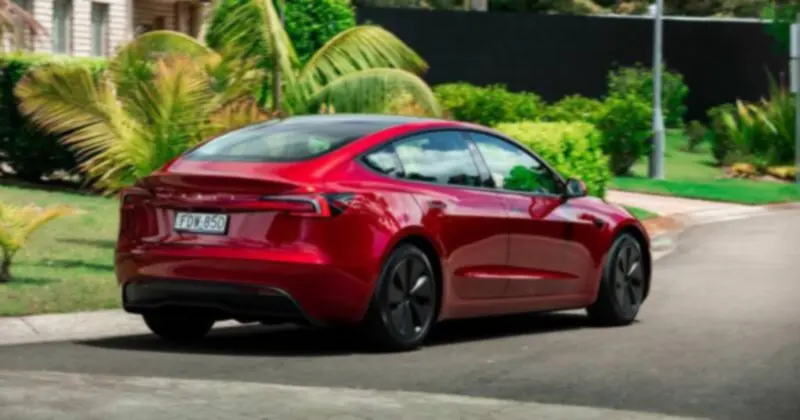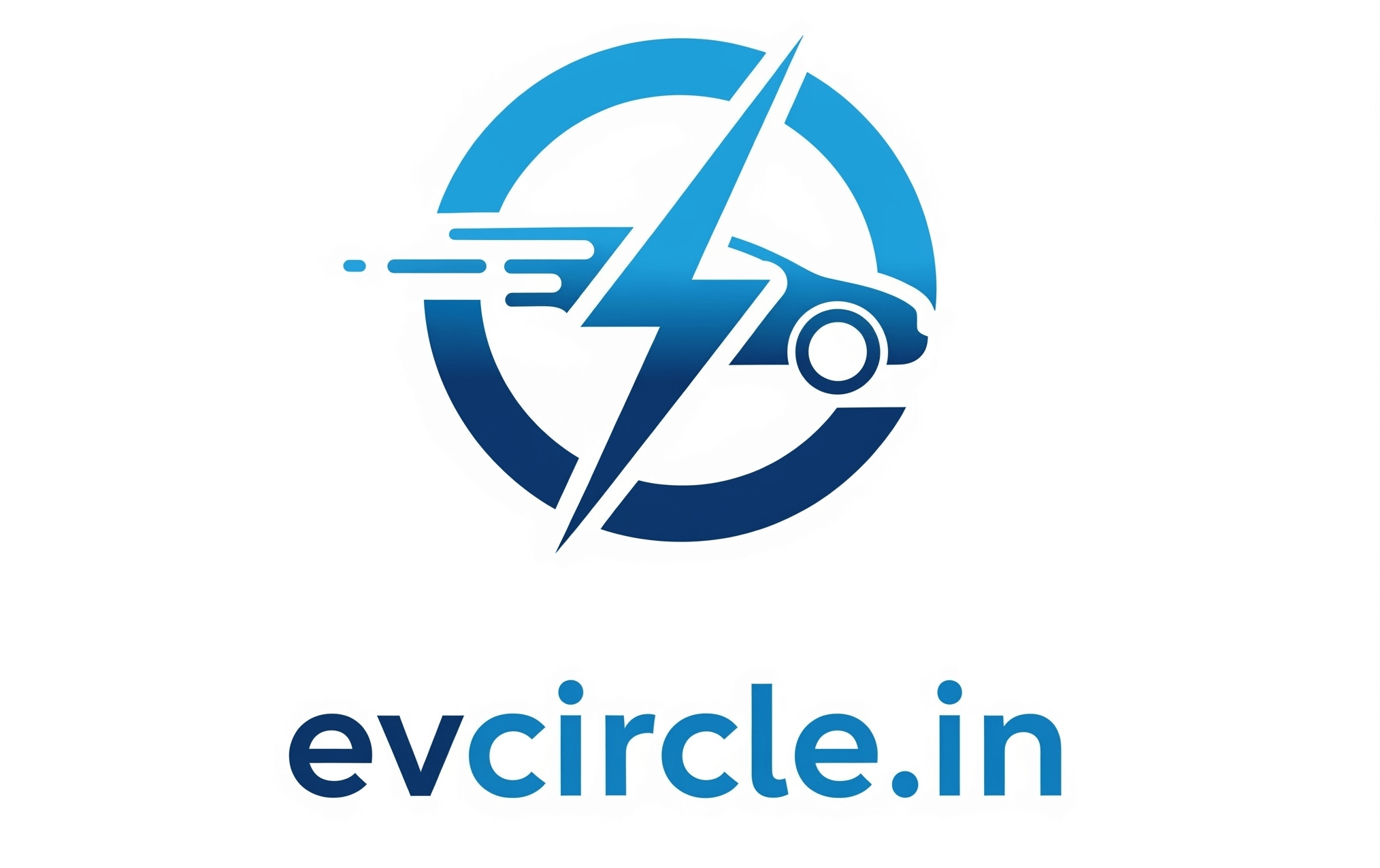
The Australian Government has confirmed it is collaborating with states and territories to introduce a road user charge that will impact owners of electric vehicles (EVs).
Federal Treasurer Jim Chalmers issued a joint statement together with the treasurers of Australia’s states and territories, outlining a general framework of what a road user charge should involve.
“The rapid advancement of electric vehicle technology is reshaping the prospects for both passenger and freight transport, and policies at every level of government will need to adapt to seize the opportunities and manage the challenges of this new landscape,” says the joint statement.
“Adjustments to road user charging arrangements for electric vehicles could enhance productivity through more effective use of the road network and vehicle fleet and secure fair and sustainable funding for road investment and upkeep. Reforms should be structured so as not to discourage the ongoing adoption of electric vehicles.
“The changes to how electric vehicles are treated will promote fairer treatment across vehicle categories and give certainty to support investment.
“The configuration of reforms should be kept as straightforward as possible and reduce administrative and compliance burdens.
“We will make sure any adjustments are phased in to allow the productivity, climate and consumer benefits of rising electric vehicle uptake to be realised over the coming years.”
In a separate statement, Mr Chalmers said the Australian Government will collaborate with the states and territories and “take the time to get the policy development right”.
The joint statement does not appear to indicate the governments intend to alter the levies applied to owners of internal combustion vehicles, and therefore falls short of what groups like the Australian Electric Vehicle Association have been advocating.
“A universal, mass × distance road user charge, introduced at a low rate, would actually fulfil the role fuel excise is meant to play: a user-pays system proportional to impact. EV drivers don’t have an issue with it – we just want an equitable scheme which doesn’t deter EV adoption,” said AEVA president Dr Chris Jones in a statement, arguing that including mass in the formula will favour smaller and lighter vehicles regardless of propulsion type.
But while some have suggested a road user charge could substitute the fuel excise – similar to New Zealand’s proposal – Dr Jones contends it should remain.
“An EV and a diesel vehicle of identical weight and annual mileage should pay the same amount for road use. But the diesel vehicle should pay extra for the noise, harmful pollution, and greenhouse gas emissions,” he stated. “Fortunately, fuel excise captures that perfectly already.”
In contrast, the Australian Automotive Dealer Association (AADA), the peak body for car dealers in Australia, has previously advocated for an “equitable national road-user charging system… [which] does not discourage the uptake of hybrids and EVs” and is implemented in a “technology-neutral manner across all vehicles regardless of powertrain choice”.
The fuel excise is a flat sales tax levied by the Australian Government on petrol and diesel bought at service stations. It’s currently 51.6c per litre of fuel purchased, and is regularly indexed to inflation. Total revenue from this excise is expected to fall as more efficient vehicles and EVs increase in popularity in Australia.
At present, revenue raised through the excise goes into the Australian Government’s general coffers, before much of it is allocated to road construction and maintenance projects.
That’s exactly why Victoria introduced a road user charge in 2021, to help address an anticipated future shortfall in fuel excise receipts. State-based road user charges were struck down by a High Court ruling in 2023, when the Court found that under section 90 of the Constitution, only the Commonwealth can impose customs and excise duties.
This compelled Victoria to shut down its scheme and reimburse all charges to owners of EVs and plug-in hybrids (PHEVs). Victoria collected $3.9 million in EV and PHEV road user charges during the 2022/23 financial year alone.
The New South Wales and Western Australian state governments had also previously committed to introduce similar charges around 2027, while South Australia pledged to do likewise but reversed course after a change of government.
See also: EV Owners Remain Committed Despite Federal Policy Shift
Auto and lifestyle writer who loves simplifying complex topics into easy-to-understand insights.

Leave a Reply